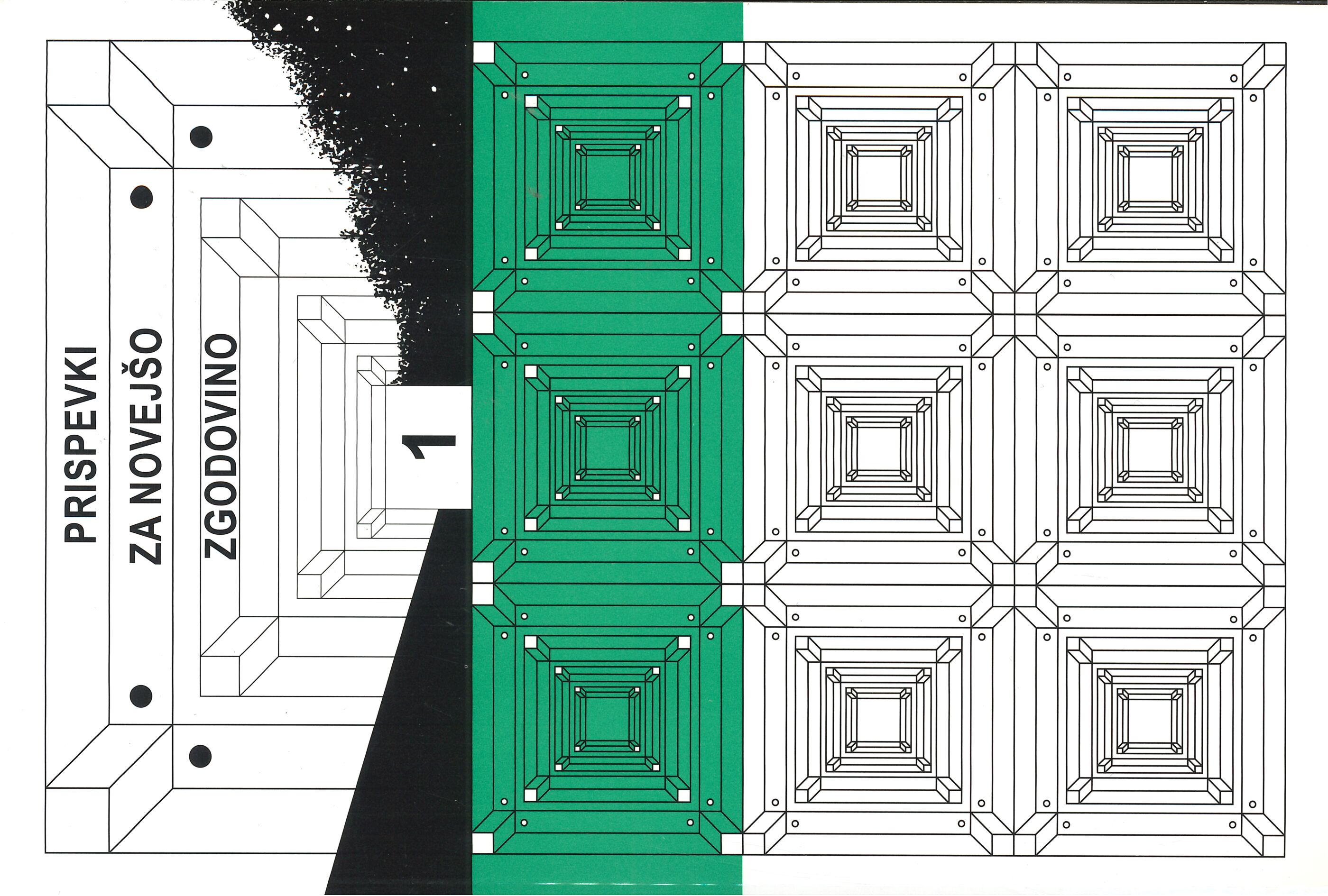Cohabitation or Co-dependence of the Communist Party of Slovenia and the Liberation Front of Slovenia (1945–1953)
Keywords:
Slovenia, Yugoslavia, Liberation Front of Slovenia, People's Front of Yugoslavia, Communist Party of Slovenia, Communist Party of Yugoslavia, people's revolution, socialist revolution, people's authority, people's democracyAbstract
On the basis of archive materials the author analyses the relations between the Communist Party of Slovenia and the Liberation Front of Slovenia in the period between 1945 and 1953. In 1953 the name of the Liberation Front was changed to Socialist Alliance of Working People. Under the conditions of the one–party system we cannot refer to the cohabitation of individual political choices, since only one – supposedly all–encompassing and generally valid – choice existed. The majority of efforts of the political and state leadership, which was identical to the leadership of the Communist Party of Slovenia (Communist Party of Yugoslavia) between 1945 and 1953, when the so–called people's revolution transformed into the socialist revolution, was aimed at unity in all segments of the social life. The Liberation Front of Slovenia (People's Front of Yugoslavia) was used in the pursuit of this goal as an intermediary between the leadership and the people.
Downloads
Published
Issue
Section
License
Authors who publish with this journal agree to the following terms:
- Authors retain copyright and grant the journal right of first publication with the work simultaneously licensed under a Creative Commons Attribution License that allows others to share the work with an acknowledgement of the work's authorship and initial publication in this journal.
- Authors are able to enter into separate, additional contractual arrangements for the non-exclusive distribution of the journal's published version of the work (e.g., post it to an institutional repository or publish it in a book), with an acknowledgement of its initial publication in this journal.
- Authors are permitted and encouraged to post their work online (e.g., in institutional repositories or on their website) prior to and during the submission process, as it can lead to productive exchanges, as well as earlier and greater citation of published work (See The Effect of Open Access).


